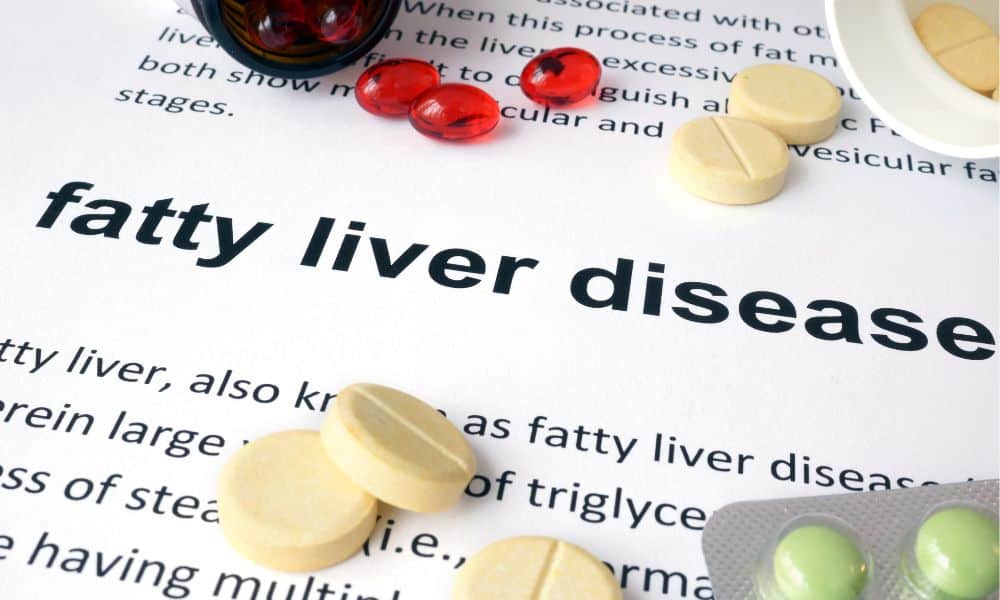In the quest for peak physical performance, hormonal balance, and effective weight management, the significance of sleep cannot be overstated. An optimal sleep schedule is a cornerstone of health and fitness, influencing everything from muscle recovery to appetite regulation. This article delves into the science behind the best times to sleep and wake up, offering insights to help you harness the full power of sleep in your health and fitness journey.
Understanding the Circadian Rhythm
Our bodies operate on a 24-hour internal clock called the circadian rhythm, which regulates our sleep-wake cycle. Aligning our sleep schedule with our circadian rhythm is crucial for optimizing hormone release, physical performance, and body weight.
The Best Time to Sleep
Research suggests the ideal time to go to bed is between 10 PM and 11 PM. This timing is optimal for synchronizing with our circadian rhythm, promoting the release of melatonin, the sleep hormone, at the right time. Melatonin levels rise in the evening to facilitate sleep and decrease in the morning to help us wake up, making this window ideal for initiating sleep.
The Ideal Wake-Up Time
Waking up between 6 AM and 7 AM is recommended for most adults, aligning with the natural increase in cortisol levels, which helps us feel alert and ready to start the day. This wake-up window also takes advantage of the natural light of dawn, further reinforcing our circadian rhythm and promoting a healthy sleep cycle.
Hormonal Balance
Sleep plays a pivotal role in regulating hormones that control appetite, stress, and growth. Ghrelin and leptin, two hormones responsible for hunger and satiety signals, are directly influenced by sleep duration and quality. Adequate sleep helps balance these hormones, reducing the risk of overeating and weight gain. Additionally, optimal sleep supports the production of growth hormones essential for muscle repair and growth.
Enhancing Physical Performance
Sleep is as crucial as training and nutrition for athletes and fitness enthusiasts. A consistent sleep schedule enhances physical performance by improving reaction times, reducing the risk of injury, and facilitating muscle recovery. During deep sleep, the body undergoes repair and recovery processes vital for physical resilience and performance.
Weight Management
Sleep’s impact on metabolism and appetite regulation directly affects body weight management. Insufficient sleep can disrupt metabolic processes, increasing fat storage and weight gain. By adhering to an optimal sleep schedule, you can support your body’s natural metabolism and reduce the likelihood of obesity and related health issues.
Tips for Achieving Optimal Sleep
- Establish a Routine: Going to bed and waking up simultaneously daily reinforces your body’s sleep-wake cycle.
- Limit Blue Light Exposure: Reduce exposure to screens at least an hour before bedtime to enhance melatonin production.
- Create a Restful Environment: Ensure your bedroom is dark, quiet, and cool to promote uninterrupted sleep.
- Mind Your Diet: Avoid heavy meals, caffeine, and alcohol close to bedtime, as they can disrupt sleep.
Conclusion
Aligning your sleep schedule with your body’s natural circadian rhythm is a powerful strategy for optimizing hormonal balance, physical performance, and weight management. By prioritizing sleep and adjusting to your lifestyle, you can enhance your overall health and fitness, paving the way for peak performance and well-being.
Incorporating these insights into your daily routine can significantly impact your health and fitness goals. For more tips and strategies on optimizing your health and fitness regimen, visit TF Clark Fitness Magazine and explore our resources to help you achieve your peak physical potential.
Latest Articles
- How the Body Uses Fat for Health and Fitness
- Best Body Metrics to Track for Health & Fitness Results
- How Does Protein Intake Affect Muscle Growth?
- Health and Fitness Benefits of Resistance Training
- The Purpose of a Hobby for Health and Fitness
For further reading and to explore a wide range of health and fitness topics, including internal links to articles on sleep’s impact on muscle growth and the relationship between sleep and metabolism, visit TF Clark Fitness Magazine.




